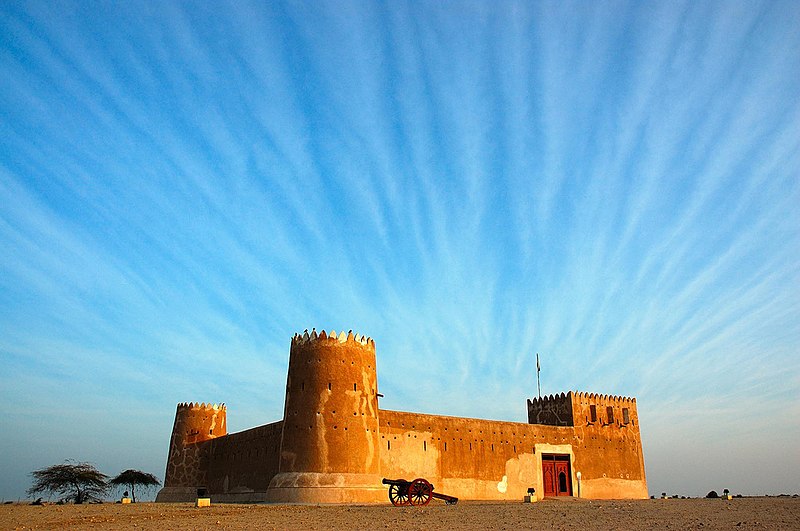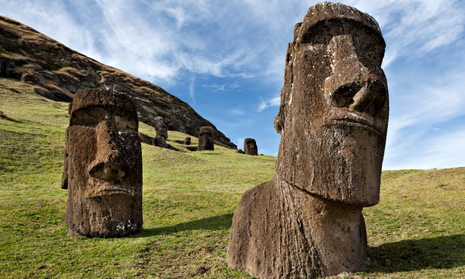
The History of Qatar – Medieval Period
mikephilipsforcongress.com – The history of Qatar spans from its first duration of human occupation to its formation as a modern state. Human occupation of Qatar dates back to 50,000 years ago, with Stone Age encampments and tools unearthed in the Arabian Peninsula. The Mesopotamian civilization was the first to have a presence in the area during the Neolithic period, evidenced by the discovery of potsherds and other artifacts.
Medieval Period
In the 7th century, Qatar became part of the Arab Empire. The region experienced significant changes with the Portuguese invasion in 1517, followed by its incorporation into the Ottoman Empire in 1555, where it remained under Turkish rule for over 200 years.
Formation of the Modern State
The modern history of Qatar begins conventionally in 1766 with the migration to the peninsula of families from Kuwait, notably the Khalifah family. Their settlement at the new town of Al-Zubārah grew into a small but significant trading center. In 1846, Sheikh Sa’ad bin Muhammad established the Al Thani dynasty, which continues to rule Qatar to this day.
Colonial Influence and Independence
Qatar’s strategic location made it a target for colonial powers. The British established a protectorate over Qatar in 1916, which lasted until Qatar gained independence on September 3, 1971. The British protectorate was established to protect Qatar from Ottoman and Saudi expansionism and to secure British interests in the region.
Modern Era
Since independence, Qatar has experienced rapid development, largely due to its vast oil and gas reserves. The discovery of oil in the 1940s and the subsequent development of natural gas fields have transformed Qatar into one of the world’s wealthiest nations. The country has also invested heavily in infrastructure, education, and healthcare, aiming to diversify its economy beyond hydrocarbons.
Contemporary Qatar
In recent years, Qatar has become a significant player in international affairs. It has hosted major international events, including the 2022 FIFA World Cup, and has been involved in regional politics, often taking positions that differ from those of its neighbors. The country continues to balance its traditional values with modernization, aiming to create a sustainable future for its people.
Conclusion
Qatar’s history is a testament to its resilience and adaptability. From ancient settlements to modern statehood, Qatar has evolved through various stages of occupation, colonial influence, and independence. Today, it stands as a prosperous nation with a rich cultural heritage and a forward-looking vision for the future.


